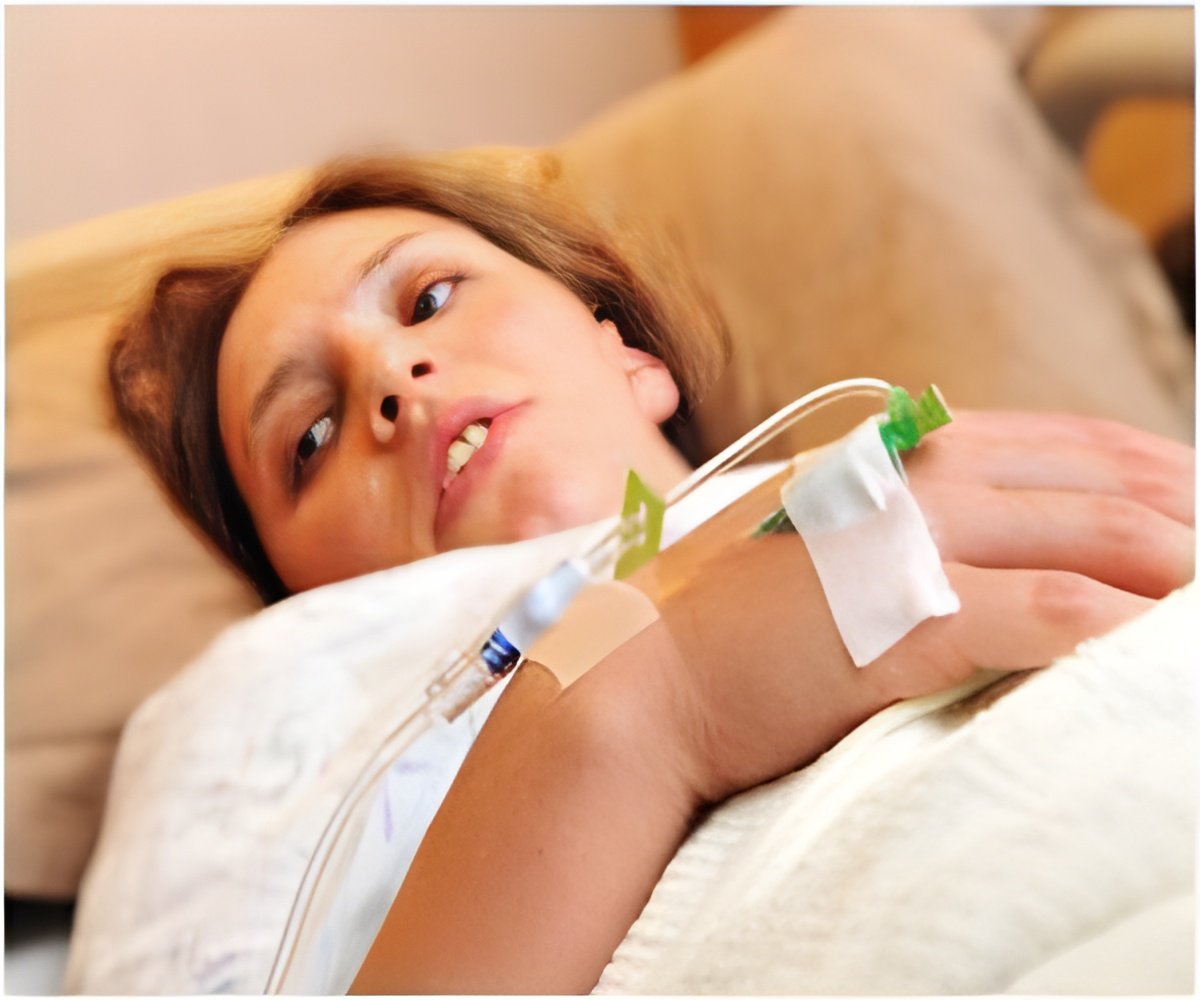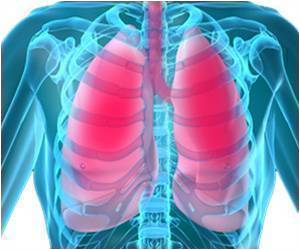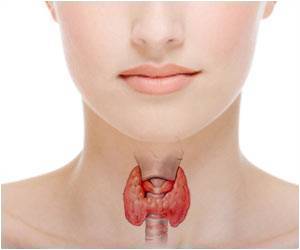
Most people will say that they feel better on a sunny day rather than a cloudy day, and researchers have found that when we are exposed to brighter light during the day—such as natural sunlight—our mood is better and we sleep better. When patients are admitted to the hospital, they usually find themselves in a very different environment from what they are used to, and they don't feel well or sleep well. Esther Bernhofer, PhD, RN, of the Cleveland Clinic, and her colleagues wondered whether the hospital lighting environment might contribute.
The team designed a study to determine if there are any relationships between hospital lighting, mood, sleep, and pain in hospitalized adults. Between May 2011 and April 2012, the investigators collected data from 23 women and 17 men admitted to a large academically affiliated US hospital. Over 72 hours, light exposure and sleep-wake patterns were continuously measured. Mood was measured daily using questionnaires, and perceived pain levels were determined from medical records.
The researchers found that hospitalized patients in the study were exposed primarily to low levels of light 24 hours per day, indicating a lack of the natural fluctuation between bright and low light required to help maintain normal sleep-wake patterns. Also, patients slept very poorly, and the less light patients were exposed to during the day, the more fatigued they felt. Finally, the more fatigued they felt, the more pain they experienced.
"It is important to note that these findings were preliminary and more research needs to be done to determine any possible clinical implications of enhancing the lighting environment for patients in the hospital," said Dr. Bernhofer. "Future intervention studies should include investigating different 'doses' of light exposure for medical inpatients. Such research would determine if lighting interventions could offer unique, cost-effective ways to more effectively address the problems of sleep-wake disturbances, distressed mood, and pain in hospitalized patients, providing for overall better patient outcomes."
Source-Eurekalert









